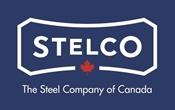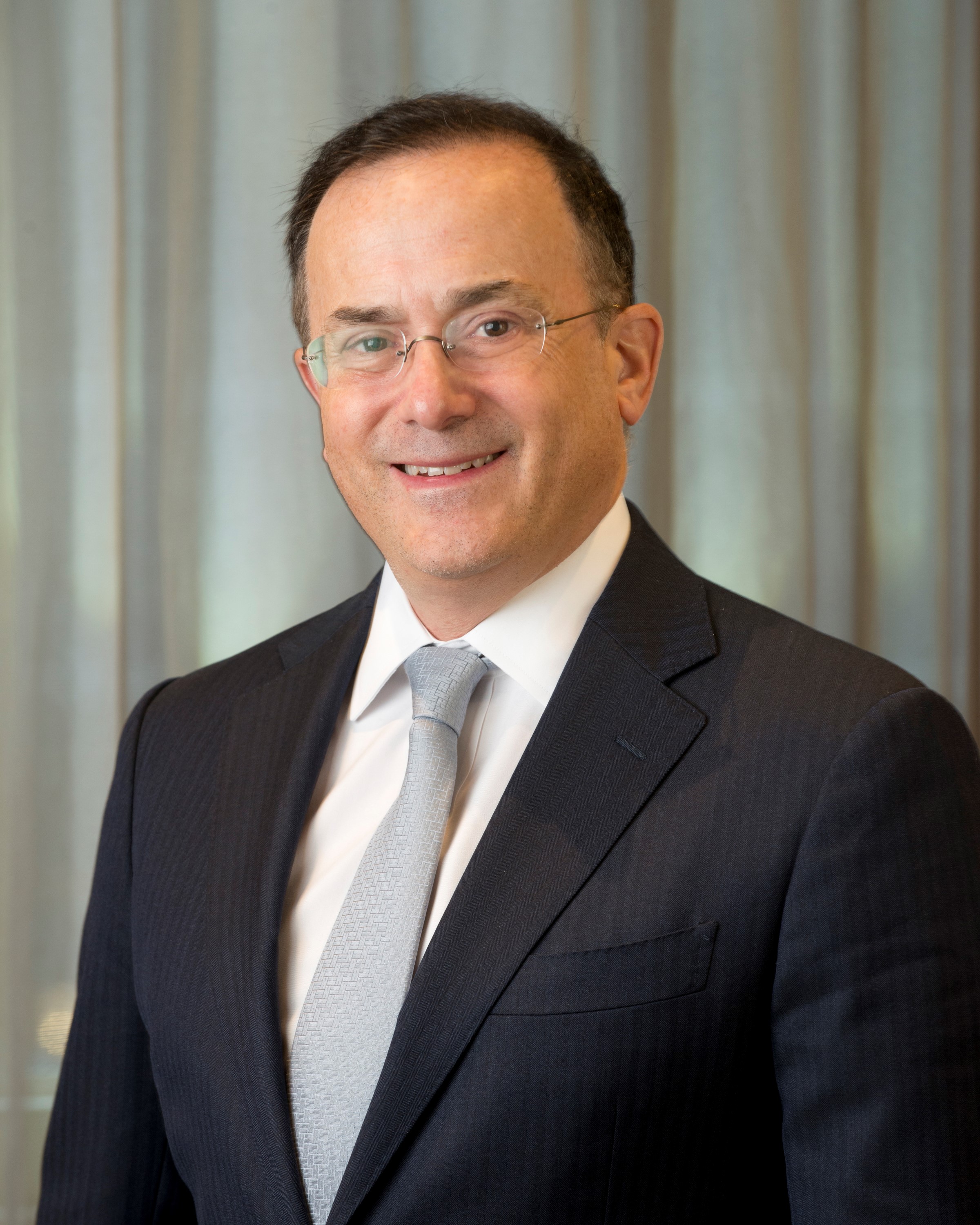Canada

November 14, 2017
SMU Q&A with Stelco’s New CEO
Written by Tim Triplett
Stelco, Inc., Canada’s iconic steelmaker, has new life under the new ownership of Bedrock Industries. Bedrock Executive Chairman and CEO Alan Kestenbaum makes a strong case that the oft-troubled steelmaker is poised for a turnaround.
Stelco went into creditor protection in 2004, was bought by U.S. Steel in 2007, then went back into bankruptcy in 2014 before being bought by the Bedrock investment group late last year. It emerged from creditor protection at the end of June with $3 billion in debt and $1.4 billion of pension and retirement liabilities removed from its balance sheet. The steelmaker employs nearly 2,200 workers at its Hamilton and Lake Erie facilities in Ontario, which have an annual capacity of about two million tons of steel products.
Through a complex formula negotiated with the unions and the Canadian government, workers and retirees will continue to receive pension and health benefits, an achievement that Kestenbaum points to with pride. Stelco has pledged millions and the sale or lease of real estate to help fund the pensions over time. The company was also able to raise an additional $230 million through a successful public offering, which will be used for capital investments, pension payments and development of new products, such as advanced high-strength steels. Among various initiatives, Stelco plans to upgrade its galvanized steel offerings to regain sales to the important auto industry.
In the following Q&A, Kestenbaum shares his views of the company and its prospects with Steel Market Update. Following are excerpts of a Nov. 10 interview, edited for length and clarity:
 SMU: What can we expect from Stelco moving forward?
SMU: What can we expect from Stelco moving forward?
Kestenbaum: Stelco is a company with a great reputation in the marketplace. It earned that reputation due to its responsiveness on several different levels. We operate our facility with a tactical flexibility mindset, so we are able to respond to customers’ needs as soon as possible.
We are also mindful of our cost structure. We enjoy one of the best cost positions in the industry and operate our facility very efficiently. The company also has a reputation for great quality, from the most basic products like hot rolled coil that might go to a service center or a tube maker, up to our most sophisticated products going into appliances or the auto sector. We have a full team that really focuses on quality assurance, and that is a culture that is embedded within the entire company.
We are really proud of the company’s financial position. Stelco is a company that people want to invest in. You can see that in the successful IPO. It’s important to steel buyers to know that their supplier will be here for the long run. We’ve taken a company with a history of balance sheet and other financial issues, whether debt or legacy liabilities, and we’ve removed those liabilities going forward to give the company a bright future. When we purchased the company, we started with a fresh balance sheet with virtually no debt and all those legacy liabilities placed in separate trusts off balance sheet. In addition, we infused the company with plenty of liquidity and a strong shareholder base. The IPO gives the company the ability to get additional capital, but also to position it to pursue not only organic growth from further capacity utilization, but also the ability for inorganic growth through M&A acquisitions. We expect to get bigger and stronger and to use our strong financial position as a lever to grow the business, expand our product range, and make ourselves an important presence in the industry.
SMU: Can you offer any specifics on new equipment or planned investments?
Kestenbaum: One of them is our annealing capability. At the moment, our cold-rolled business is strictly full hard. With the batch annealing process we are going to install, we will be able to sell the whole suite of cold-rolled products and improve our market penetration in that area. Then we will do some upgrades to the hot strip mill in order to participate in some of latest generation steels going to the auto and appliance industries. We are also going to be upgrading our Z-line [galvanizing line].
This facility was very well maintained. The prior owners invested over $600 million dollars into this facility. So, it is already one of the most modern integrated mills in North America. We are starting from a strong position from a quality and technical standpoint and are going to get even better with the investments we will be making. Our customers can really expect quality, speed and responsiveness.
SMU: Is the auto sector a big customer?
Kestenbaum: No, our main product is hot rolled coil that goes to service centers, tube makers, etc. We also have a coated business. Cold rolled is our smallest segment. We are planning to gradually increase our output of coated and cold rolled. We will approach the auto industry like all industries, with tactical flexibility. We will offer a full suite of products and target areas where we can deliver the best value to our customers and shareholders.
SMU: How much of your steel ends up in the U.S. versus Canada or other parts of the world?
Kestenbaum: Right now, over 90 percent of our business is in Canada. But the company is positioned on the Great Lakes, which is a fantastic asset that has been underutilized. We can ship anywhere in the world. We will focus on where we can get the best margin, and that’s where we will put our attention.
SMU: The mill has had a contentious history with labor. How would you describe your relationship with your workforce?
Kestenbaum: You’re right, this company has a bad history with labor, and you can’t solve decades of problems in just a few months. But we have completely changed the attitude here. We are making serious progress. We have new five-year labor agreements that are good and fair. Our view is, let’s treat our workers well so they come to work happy and productive.
We did not just get rid of pension and benefit liabilities, they were put into trusts. Those trusts have a continuing stream of payments, so retirees should get their pensions and benefits. At the same time, the company is not strapped because the cost is not on the balance sheet; the shareholders don’t have to bear the brunt of that debt. It’s was an amazing achievement, with the cooperation of the government.
SMU: Would that work in the U.S. or is there a difference in Canada’s government and its approach to health care?
Kestenbaum: It could happen in the United States. In economic terms, some companies just say the heck with the retirees, they’re unsecured creditors, let them figure it out another way or go to the government. Because we don’t think that way, we’ve been rewarded with this new opportunity for a relationship with the unions. When we have issues, we can solve them. We can talk to them and get additional business opportunities out of it, as well.
SMU: How does your capacity utilization rate compare to the current industry average in the mid-70s?
Kestenbaum: I can’t share the current figures, but we have lots of opportunities to chew into our excess capacity in terms of additional production of hot metal, as well as the purchase of slabs on the open market to get full utilization of the hot strip mill.
SMU: Any thoughts or concerns on the political climate and NAFTA negotiations?
Kestenbaum: No, we are very well positioned. Ninety percent of our sales are in Canada at the moment. But we are positioned on the lake, so the world is our market. We can ship anywhere. We are really not concerned about politics.






